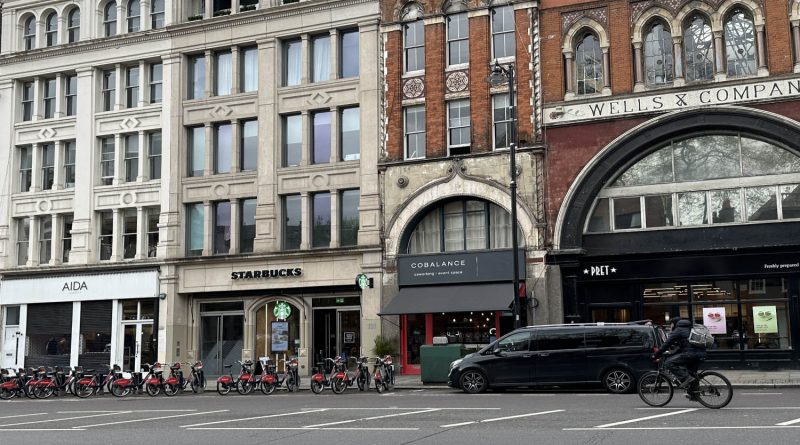What is the best way to save vital high street services like the Boundary Estate Community Launderette?
With the brief closure of the Boundary Estate Community Launderette despite subsidised rent, could Assets of Community Value or even high street Community Land Trusts be a better way to protect vital community assets?
Over 2,500 people signed the petition to reopen the Boundary Estate Community Laundrette in April 2024, a testament to its importance in the community.
The Boundary Tenants and Residents Association has been campaigning for continued subsidised rent for the Laundrette since it was closed by the Council on the 9th of February.
With nearly 3000 people signing the petition, there is no doubt that community-led businesses like the Laundrette play a vital role in bringing people together and the reaction to its closure shows how much residents value the Launderette.
However, with the increase of commercial rates in the surrounding areas, it is becoming difficult for such enterprises to operate, and many face the risk of closure or eviction.
By offering subsidised rents, the council can ensure the continuity of these essential services on our high streets.
The council’s Community Premises Portfolio offers subsidised rents to recognised voluntary and community sector (VCS) tenants, providing an avenue for these businesses to thrive.
Yet, critics argue that subsidised rent is not a sustainable solution in the long term. While it provides support for small businesses, these operations remain at the mercy of future rent increases.
Could Assets of Community Value be a way of protecting community venues from commercial rent?
Between 2006 and 2016, numerous LGBTQ+ venues, including the Joiners Arms on Hackney Road, closed down, sparking concerns about the loss of community spaces.
Despite efforts to achieve ‘Asset of Community Value’ status, closures persisted.
Though temporarily effective, crowdfunding campaigns failed to provide sustainable solutions for the rent crisis.
Why Community Land Trusts could be the answer:
Krissie Nicolson, East End Traders Guild director, sheds light on the systemic challenges small businesses face, saying ‘rent has always been an issue. We are facing a global system that’s a century old.’
‘The system pits us against each other,’ she notes, lamenting the competitive landscape that small businesses navigate. ‘We need to change the culture, to work together and be allies, not competitors.’
Advocating for a shift in culture towards collective organising and mutual support among small businesses, the concept of a Community Land Trust (CLT) emerges as a potential solution, offering permanently affordable rent controlled by the local community.
Under a CLT, public assets are transferred to the community, ensuring democratic control over rents and preventing privatisation.
Nicolson points to successful examples of CLTs, like the Rondo Community Land Trust in Minnesota, which have bolstered small businesses and community initiatives.
She calls for collective action to advocate for access to public land, emphasising the importance of self-belief and long-term commitment.
However, vice-chair of the Boundary Tenants and Residents Association Jonathan Moberly said ‘they may only benefit a limited number of businesses’ and ‘we need to open up a broader conversation regarding sustaining small businesses.’
While subsidised rent schemes offer temporary relief, innovative approaches like CLTs hold promise, but broader conversations are essential for long-term viability.
For more on this story, read Community Launderette reopens amidst gentrification concerns

